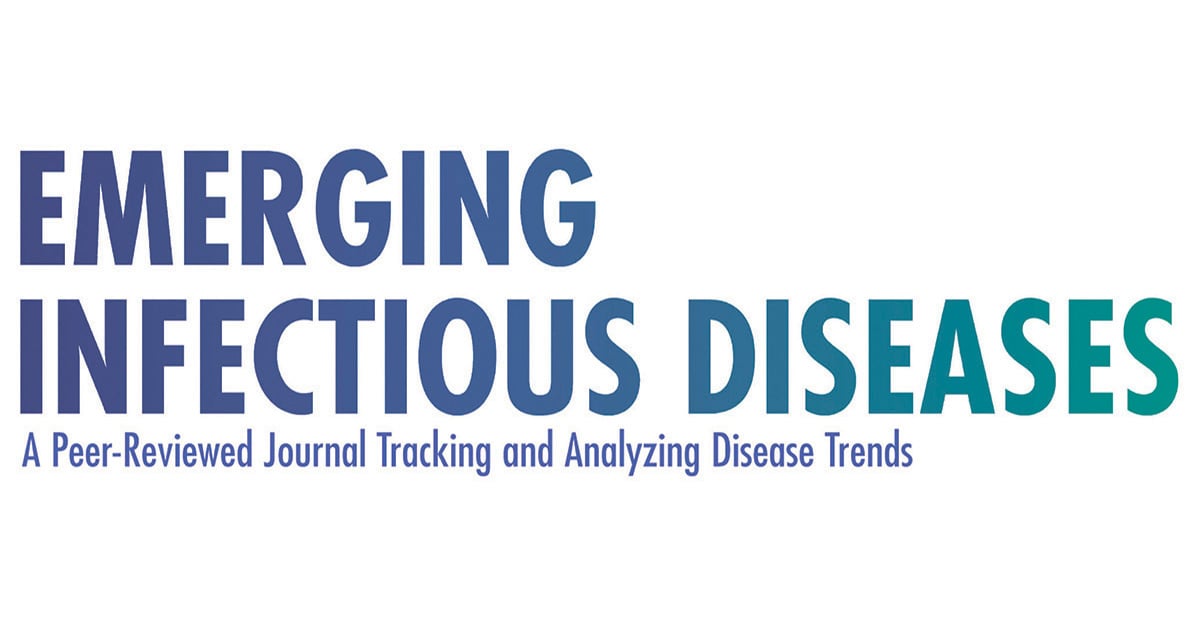Here are the requirements I received from an HCA hospital (where I worked 3+ years ago). Apologies if I don't scrub all the incriminating information:
Dear Physicians and Providers,
We are pleased to announce that ***** Hospital is now accepting the scheduling of surgical cases for a start date of May 4th.
Our staff, physician partners and patients' safety comes first.
Patient safety has always been our top priority. As we prepare to open our doors to resume routine patient care services, we are intensifying our already rigorous protocols and precautions to keep your patients safe. Our goal is to reassure patients that they can safely return to our care environments for testing, procedures, surgery, and other critical services.
Elective procedures have been classified within tiers of urgency and acuity allowing for prioritization of surgeries during the pandemic.
Tiers 1-3 are now approved to be scheduled including but not limited to:
· CABG, Cardiac EP & Other Cardiac Surgeries
· Orthopedic Surgeries
· Brain & Spine Surgeries
· General Surgery Cases
· Oral/Maxillofacial Procedures
· GI Procedures
· General Gynecologic Surgeries
· Women’s Reproductive Procedures
· Urologic Procedures & Surgeries
What we’re doing to make sure patients are COVERED
· To assist in scheduling new elective cases as well as those that were previously approved and canceled due to COVID-19, please call*******and the Scheduling Team is now able to book your appointment and answer any questions you may have in advance.
· To aid your patients during this time, Patient Benefit Advisors will help patients navigate insurance options as well as payment concerns once their surgery is scheduled.
What we’re doing to make sure you and your patients are SECURE
· Increased COVID-19 Testing. Surgical patients are required to test within 72 hours of their scheduled surgery date.
· Physical distancing. This will be required at all times for all visitors, staff and patients.
· Temperature checks. All employees will have temperature checks before they enter the hospital.
· Employees and face masks. All employees must wear face masks.
· Face masks for patients and visitors. All patients and visitors who don’t show symptoms must wear face masks.
· Entrances. There is an established entrance for well patients having scheduled and elective procedures.
· Separate areas for patient care. These are for normal, routine procedures.
· Physical distancing among staff. There will be a limited number of hospital staff in each room at one time.
· Visitor policies. We will make sure to maintain physical distancing in these ways:
o One visitor will be permitted to accompany each patient after being screened, receiving a temperature check and given a face mask. Exceptions to the one visitor policy will be reviewed on a case-by-case basis.
o Visitors who screen positive for flu or COVID-19 will not be able to visit a patient. Exceptions will be made for: 1) an end-of-life situation or 2) a family member or guardian who must make a medical decision.
o If a visitor screens positive for a communicable disease and must enter the facility, the visitor will be escorted.
What we’re doing to keep you and your patients SAFE
In the operating room
· All ORs are cleaned after every surgery.
· Every OR has a deep cleaning every night on all surfaces. This process:
o Removes every item in a room that can be detached and then disinfects it.
o Cleans light fixtures, air ducts and all surfaces from the ceiling to the floor.
In other patient care areas, including cardiac cath lab, inpatient rehabilitation, and endoscopy
· Deep cleaning is done frequently on all surfaces and in every area.
In public areas (including restrooms and waiting rooms)
· Deep cleaning is done frequently on all surfaces and in every area. This process:
· Removes every item in a room that can be detached and then disinfects it.
· Cleans light fixtures, air ducts and all surfaces from the ceiling to the floor.
· Testing all through the day to spot viruses or bacteria that may be present.
· This will help us make sure to keep surfaces clean and safe.
· Common areas have been modified as well to adhere to infection control policies.


